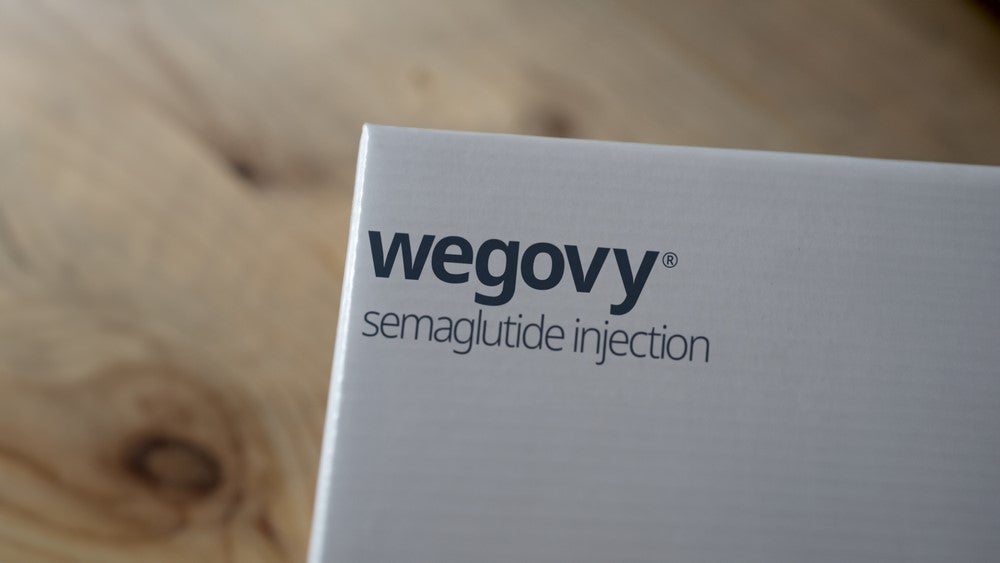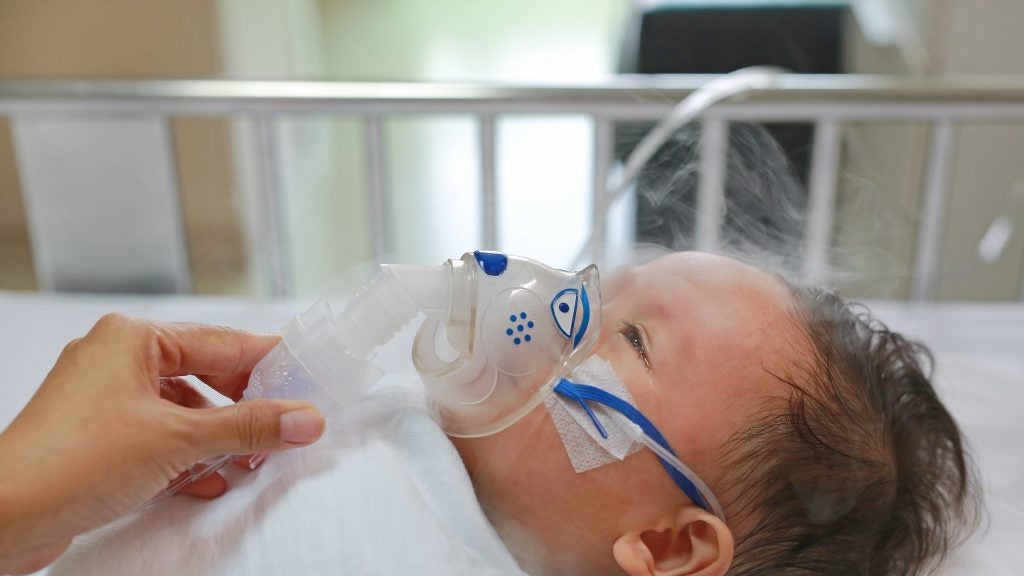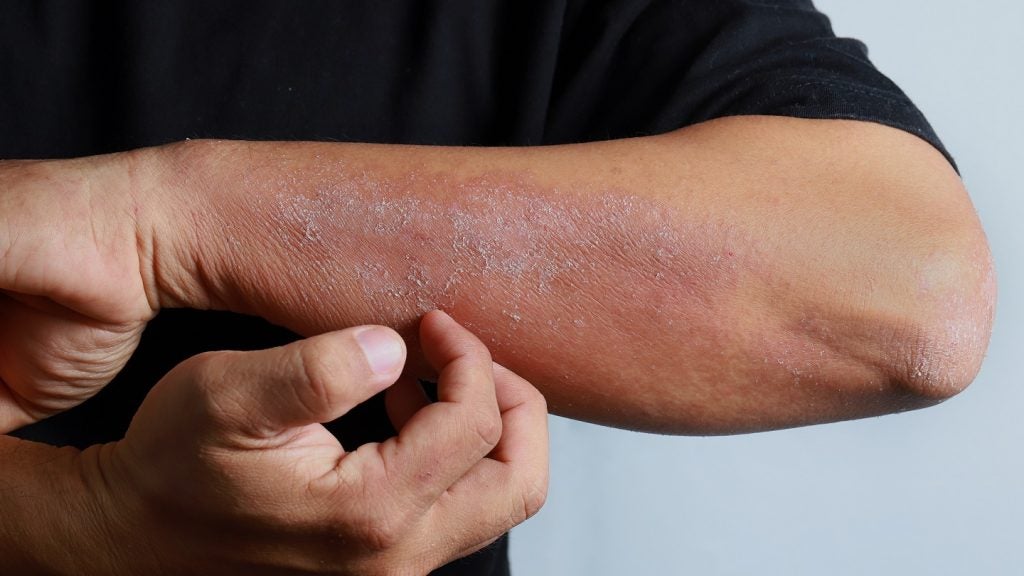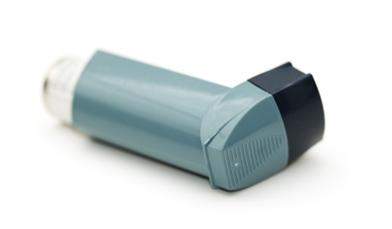Viracta Therapeutics has announced a complete response (CR) was achieved in a Phase Ib/II trial of Nana-val in patients with EBV+ lymphoid malignancies.
The US-based clinical-stage precision oncology company trialled Nana-val, a combination of oral VRx-3996 and valganciclovir, in an open-label, multicentre study (NCT03397706) involving 55 patients.
Patients enrolled suffer from multiple EBV+ (Epstein Barr Virus) lymphoma subtypes, including some of the most aggressive cancers: peripheral T-cell lymphoma (PTCL), diffuse large B-cell lymphoma (DLBCL), and post-transplant lymphoproliferative disease (PTLD).
The Phase Ib study evaluated safety and defined the (recommended Phase II dose) RP2D for pipeline drug Nana-val. The primary endpoint for the Phase II cohort was the overall response rate (ORR) at the RP2D. Secondary endpoints included evaluation of PK parameters, time to and duration of response, progression‐free survival (PFS), and overall survival (OS).
Results showed 19% complete response rate
The study showed CRs were achieved across multiple EBV+ lymphoma subtypes, including some of the most aggressive cancers. There was a reported an ORR rate of 40% and a CR rate of 19% in 43 evaluable patients. Patients also achieved ongoing durable responses out to approximately 36 months.
The six patients with EBV+ PTCL achieved an ORR rate of 67% and a CR rate of 50%. One of the patients who achieved CR has never responded to second-line histone deacetylase inhibitor (HDACi) treatment.
In six patients with EBV+ DLBCL, a rare aggressive and distinct B-cell lymphoma, an ORR rate of 67% and a CR rate of 33% was achieved. One of the CRs was achieved in a patient whose disease never responded to first-line R-CHOP chemotherapy.
Data showed that all-oral Nana-val was well tolerated with reversible low-grade adverse events (AEs). Commonly observed AEs included reversible cytopenias, low-grade creatinine elevations and gastrointestinal symptoms.
Thomas Jefferson University haematologic malignancies division director Dr Pierluigi Porcu said: “The newly published Phase Ib/II study data showcase the potential of Viracta’s innovative ‘Kick and Kill’ approach to effectively address this need, with results demonstrating Nana-val’s favourable safety and tolerability profile and promising durable signal of efficacy in heavily pre-treated patients.
"These data served as a catalyst for the advancement of Nana-val into the confirmatory NAVAL-1 trial, which has an elegant multi-stage design to potentially support registration.”
Other studies testing the drug candidate
Viracta has completed three trials in Nana-val and is now conducting a Phase II open-label trial of Nana-val in EBV+ patients with relapsed/refractory lymphomas, and a Phase I/II study of the drug candidate in patients with advanced EBV+ solid tumours in combination with pembrolizumab.
















